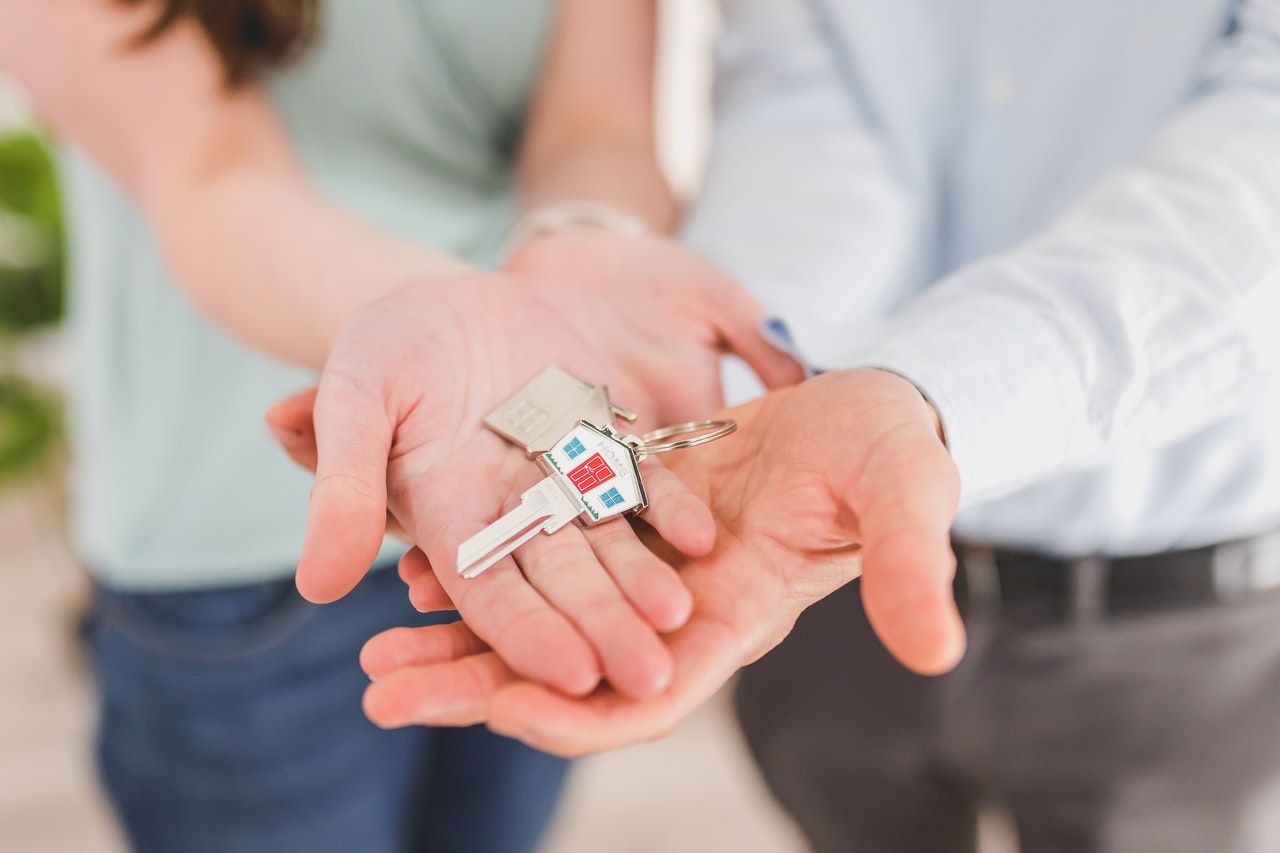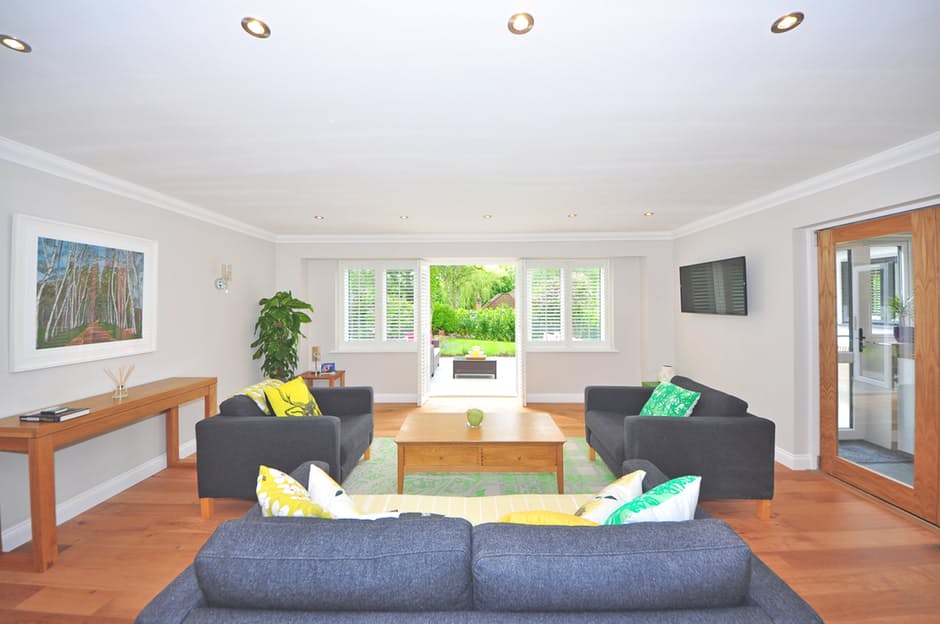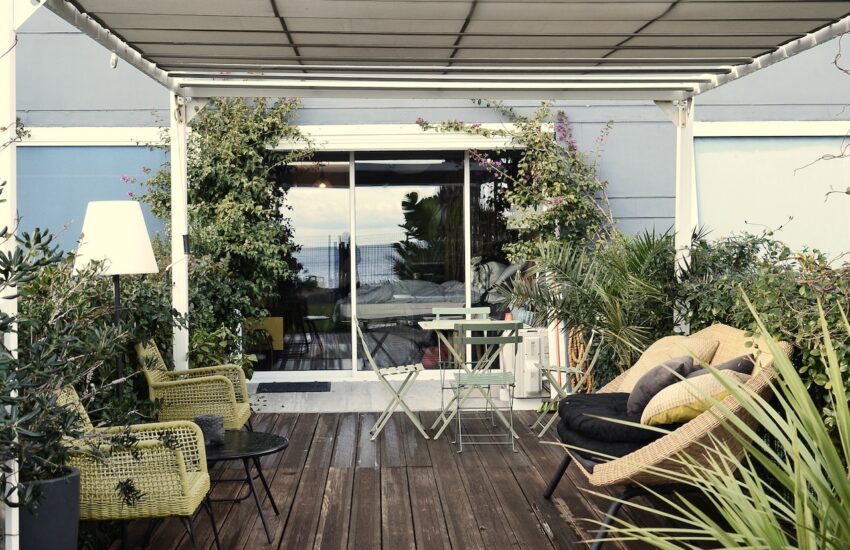Buying a New Home: How to Make a Plan and Get Organized
They say that moving home is one of the most stressful things that you can do. However, what’s really stressful is buying a home, especially if you also have to sell one at the same time. The actual moving part is often a breeze in comparison. If you want to buy a new home, there’s a huge amount to do. You have to determine how much you can spend, decide where you want to buy, find the right property, and then take care of all of the legal and practical matters to complete the sale. And that’s all only if you’re able to get a mortgage (or you’re lucky enough to be a cash buyer).
It can take several months or even longer to find your perfect home. But if you’re able to get organized, you can help to make everything go a lot smoother. There are lots of things to do, but staying organized will prevent it all from being quite so overwhelming.
Understand the Process
The first thing that you need to do if you want to buy a property is to make sure you understand the process. If you’ve done it before, you probably already know what you’re doing for the most part. However, it’s still a good idea to refresh your memory and check if anything has changed since you last made a property purchase. Don’t worry if you feel like you don’t really have a clue about what you’re doing. Everyone has to start somewhere, and most people didn’t really learn anything about buying a property at school.
There are a number of main steps you’ll have to carry out when buying a house or flat. Here are some of the things that should be on your list:
- Get a deposit together – You might need evidence of any money that’s gifted to you or that you borrow when you apply for a mortgage.
- Arrange your mortgage – You can do this with a mortgage broker or apply directly to a lender. You can start with an agreement in principle or a decision in principle, which helps to give you a good idea of how much you can borrow. After having an offer accepted, you can complete your full application.
- Make an offer on a property (and have it accepted) – You might have to try this several times before you get lucky enough to have your offer accepted above anyone else’s.
- Choose a solicitor/conveyancer – You need someone to take care of all of the legal matters and help you to handle the purchase process.
- Get a survey carried out – A survey will reveal any potential issues with the property. Your mortgage lender will also want to carry out a valuation.
Of course, if you’re selling a property at the same time, you also need to deal with that. You might need to find a buyer before you can start looking for a new property.
Set a Budget
Knowing your budget is essential when you’re looking for a new home. But, first, you need to know the costs involved in buying a property. Saving a deposit is just one of the things that you’ll need to do to make sure you can afford the home that you want.
You will need to work out how much you’re able to borrow so that you can decide how much of a deposit you’re going to need. As a rough guide, you can usually borrow around 4.5 times your annual income, although it can be more or less. You will also need a deposit of at least 5% of the property’s value. For example, if you earn £30,000 per year, you could borrow around £145,000. If you had a deposit of £7,500, you could get a 95% mortgage on a property worth £150,000. However, the lower your loan-to-value ratio is, the better the interest rates you will be able to find. So if you have a 20% deposit, for example, you could lower your mortgage repayments.
As well as looking at how much you can borrow and how much you need to save for a deposit, don’t forget to look at monthly mortgage payments. You need to be able to fit them into your budget. You also need to consider the possibility of interest rates going up and how that could affect you.
Other costs need to be taken into account too. The main costs you might need to consider include mortgage fees, conveyancer costs, survey costs, and the costs of moving home.
Find the Right Location
After getting your finances in order, you can start looking at properties. One of the first things that you’ll need to do is identify the right location for your new home. You will probably want to identify some places that you need to be close to and how far you’re willing to travel to get to them. These might include your place of work, your children’s schools, and other important locations. You might choose a general area or you could choose to narrow down your choice of location to be more specific. Just remember that the narrower your choice is, the fewer opportunities you will have to buy in that area.
When you’re looking for the right location, you might give some thought to whether you want a new-build home or an existing property. If you want a brand new home, it’s worth looking at some new construction home buying tips because things can sometimes differ a little. You might be using a government scheme to help you buy a new-build property. You might also get to make some choices that you wouldn’t get from an older home, such as kitchen design elements or flooring. The purchase process will be similar in many ways, but there are some differences to consider too.
Determine Your Must-Haves and Compromises
Before you start looking for the right home for you, you need to think about what exactly it is you’re looking for. There are some things that you definitely want and need, but you also have to be willing to compromise if you want to find a property that works. When you’re thinking about what you’re looking for, first define your must-haves that you’re not willing to compromise on. These should be things that aren’t so easy to change once you move in. For example, there’s no way to change the location of your home, so that might be a hard line that you don’t want to cross. Changing the number of bedrooms can be difficult too, so that might also be something you don’t want to compromise on.
On the other hand, there are plenty of ways you can compromise to help you find the ideal home. Think about the things that might not be such a big deal to you or that you can change after you have moved in. A kitchen that’s seen better days might not be such a big deal, as long as it’s big enough. You can always install a new kitchen. A garden that’s not as big as you might have wanted could be an acceptable compromise if it means you get the location and the number of bedrooms that you want.
View Properties with Pragmatism
When you’re viewing properties, try to keep your list of must-haves and compromises in mind. Although you can end up letting emotion influence your decision-making, it’s important to keep a clear head. It’s easy to get excited if you like the look of a property, but you should also remember that looks aren’t everything. You need to think clearly about all of the practical elements of buying a home and make sure you ask questions that help you to determine if it’s the right place for you.
Image from Pexels – CC0 License
Line Up Your Services
One of the best ways you can be organised when buying a property is by lining up all of the services that you need. If you’re ready to go when you make an offer on a property, you can get the ball rolling right away when you have an offer accepted.
You might start by finding a mortgage broker. A broker can help you to find the best mortgage deal, has access to more options, and can suggest lenders that are more likely to approve your application. Even if you don’t work with a broker or adviser, you can choose a lender and get an agreement in principle (AIP) or a decision in principle (DIP). This is an indication of how much the lender will let you borrow, although it’s not a guarantee of a mortgage.
You can also choose a solicitor as soon as possible. Even if you don’t get in touch with them right away, it’s a good idea to have one or two in mind to contact after you have had an offer accepted. Look for surveyors at the same time so that you can find a reputable company to carry out building surveys for you.
If you take an organized approach to buying a home, it can be a lot less overwhelming and easier to handle.


